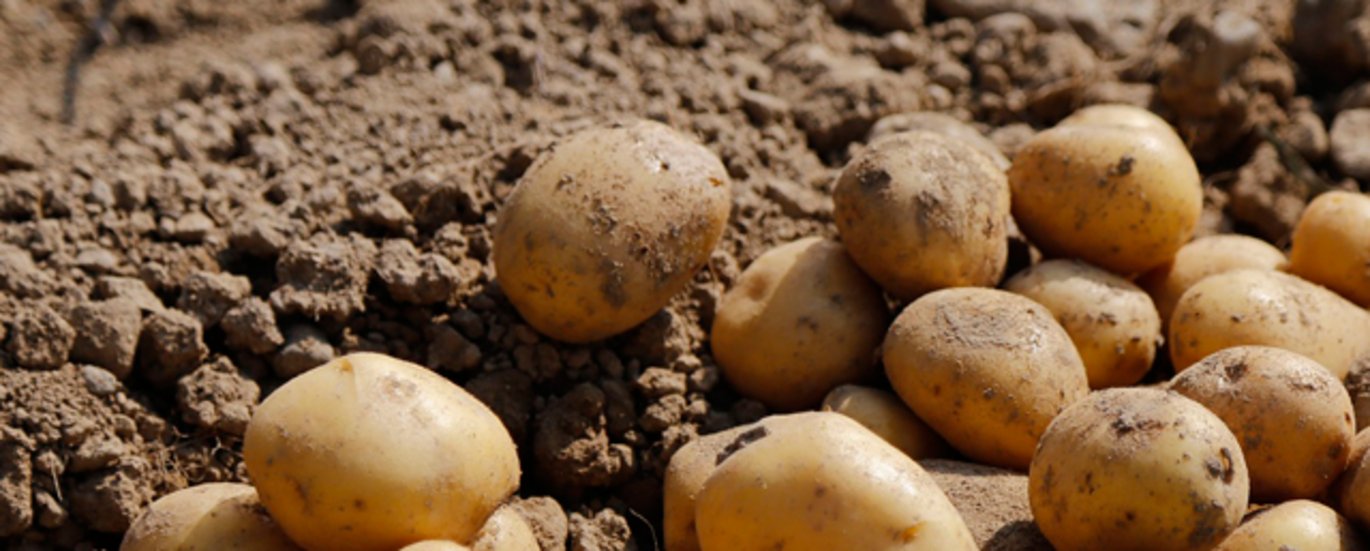Potatoes as a sustainable alternative to animal protein
Research will make it possible to replace animal protein with potato protein extracted from the production of potato starch. Thus, the potatoes will be exploited better and contribute to a more sustainable feeding of the world's growing population.

The need for food is growing rapidly as the world population is expected to reach approximately nine billion people around 2050.
A simple expansion of the agricultural area would have negative environmental consequences, and we therefore face a great challenge. By changing the diet composition, allowing a larger part to be plant-based, the same land could feed more people.
Denmark has especially a large potato production, and the companies KMC and AKV receive more than 1.2 million tonnes of potatoes a year, which is mainly used for the production of starch.
A side product is almost 10,000 tonnes of potato protein which in a food-related context contains bad components. This can be seen when the peeled potatoes turn brown when lying exposed.
Therefore, this side product is currently only used for animal feed. With the project proPOTATO, the partners intend to change that by developing new and healthy potato protein-based ingredients and food.
"Lately, the problem that we eat so much meat has been in focus. If you, for example, feed your pig with 100 kg of potato protein, you only get 10 kg of pig protein out of it, which means that most of it is wasted. But if we would eat more plant-based proteins instead of meat, it would be good for the environment and for our health," says Professor Enghild from Aarhus University.
It will not just benefit Danish agriculture, KMC and AKV, but it would also be a more sustainable and environment-friendly way of using the potato protein.
To achieve this goal, proPOTATO will - with economic support from the Innovation Fund Denmark - explore innovative and efficient ways:
- to eliminate the above-mentioned toxins and enzyme activities
- to characterise the properties of the protein and develop new types of ingredients
- to identify current and future consumers of plant protein-based foods so as to target the developed products to get commercial success.
The Innovation Fund Denmark has donated DKK 14.3 million to the project.
For further information, please contact
Assistant Professor Carsten Scavenius
+45 87154932 - csss@mbg.au.dk
Professor Jan J. Enghild
+45 87155449 - jje@mbg.au.dk
Department of Molecular Biology and Genetics/iNANO
Aarhus University
Denmark
